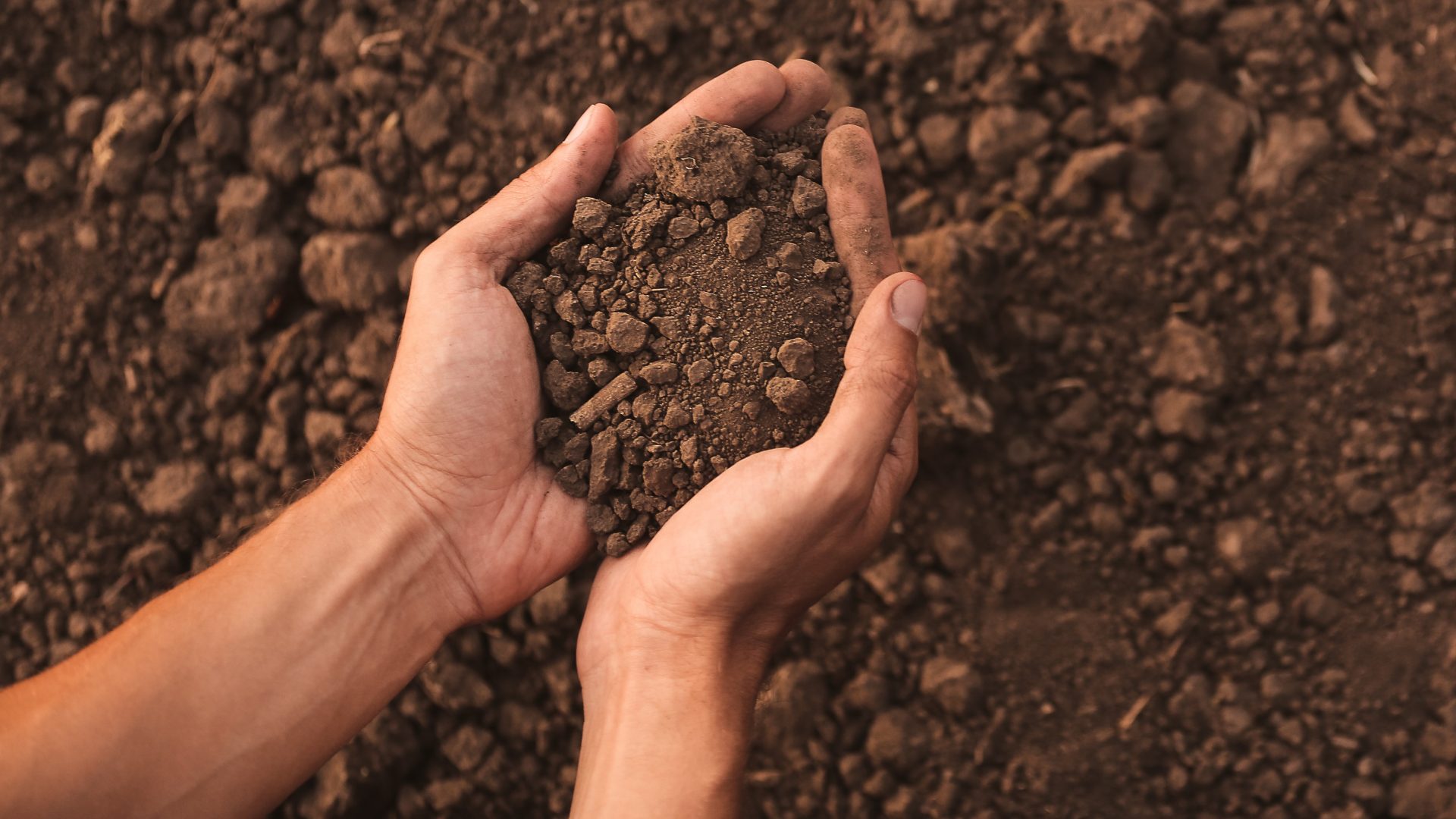Environmental Standards Scotland (ESS) is recommending the Scottish Government bring forward legislative proposals to protect Scotland’s soils.
A report published by ESS, The Risks to Scotland’s Soils: A Scoping Report, highlights the need for action to safeguard this valuable resource, which provides a habitat for over half of the world’s species, helps to reduce climate change and its impacts and underpins the vast majority of Scotland’s food.
The report says more must be done to prevent further degradation of the country’s soil, which is a non-renewable resource that cannot be replaced, and measures to protect it should be put into law.
In Scotland, soil erosion, compaction and reduced crop yield caused by lower water retention, cost the economy up to £125 million per year although the true cost of soil degradation is likely to be significantly higher.
Compacted soils, which are caused by construction, increasingly heavy farm machinery, livestock and recreational activities, retain less water. This increases flooding, further increases erosion and decreases biodiversity and drought resistance. Every 1% rise in flooding as a result of soil degradation could lead to an increase in local authority flood damage costs of £2.6 million per year, in addition to the costs of insurance claims for each property damaged by the rain.
Other countries have legislated to place monitoring and protection of soils on a statutory footing. However, in Scotland the legislative landscape for soils is fragmentary and largely aims to protect other environmental areas (such as water) from poor management of soils, rather than soils itself.
Mark Roberts, CEO of ESS, said:
“The Scottish Government, formerly a world leader with the Soils Framework, is now falling behind international best practice with regards to statutory proposals to monitor and protect soils. Our report recommends that the Scottish Government bring forward legislative proposals that reflect developments in Europe – such as the European Union’s (EU) Nature Restoration Law and proposed Soil Monitoring Law – so that it can meet its commitment to align with EU standards where appropriate.”
Roberts added that ESS’ initial scoping report also reveals that there is a lack of research on risks to Scotland’s soil: “A lack of research means that we do not fully understand or know the impacts on several risks to Scotland’s soils. Improving the evidence base on soil will improve the effectiveness of environmental law in Scotland. That’s why today we are also recommending the Scottish Government and the wider public sector, commission monitoring and research on the risks to Scotland’s soils so we have better data to understand and protect this valuable resource.”



